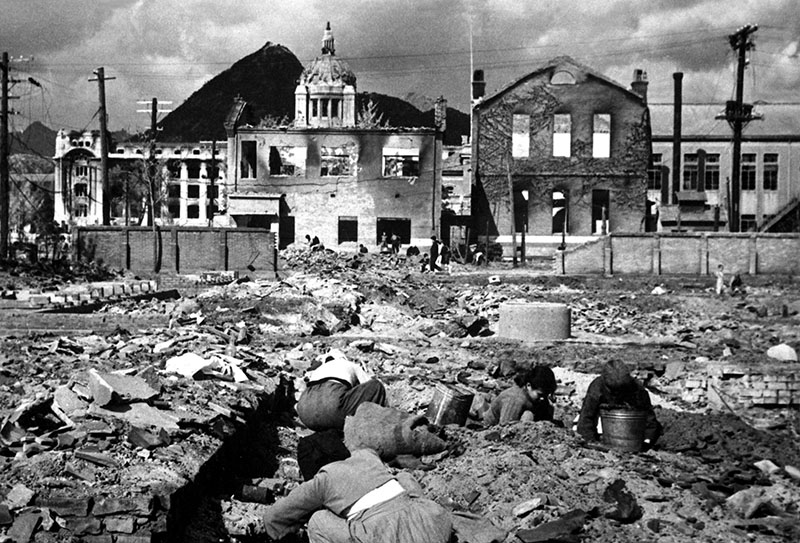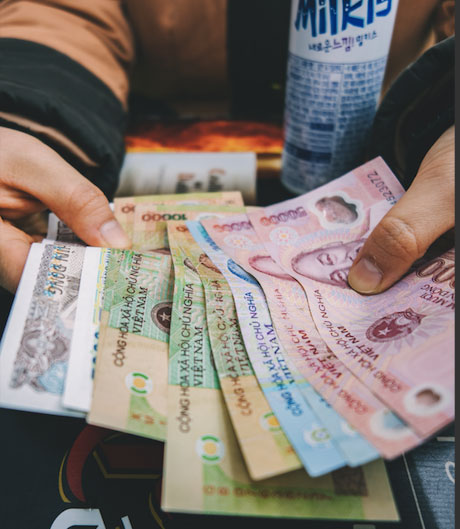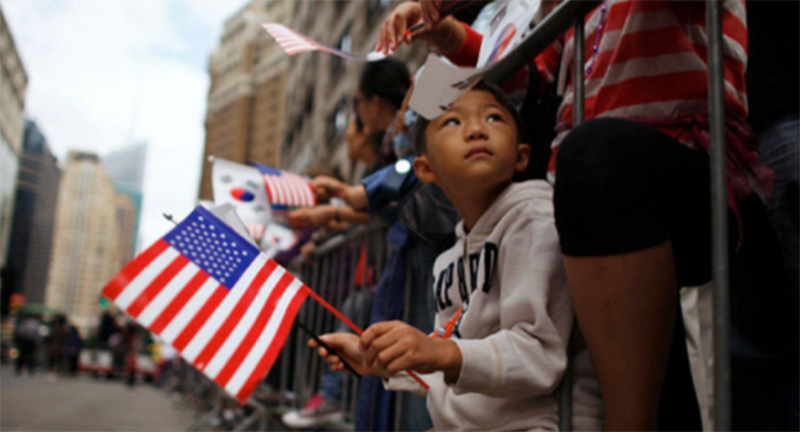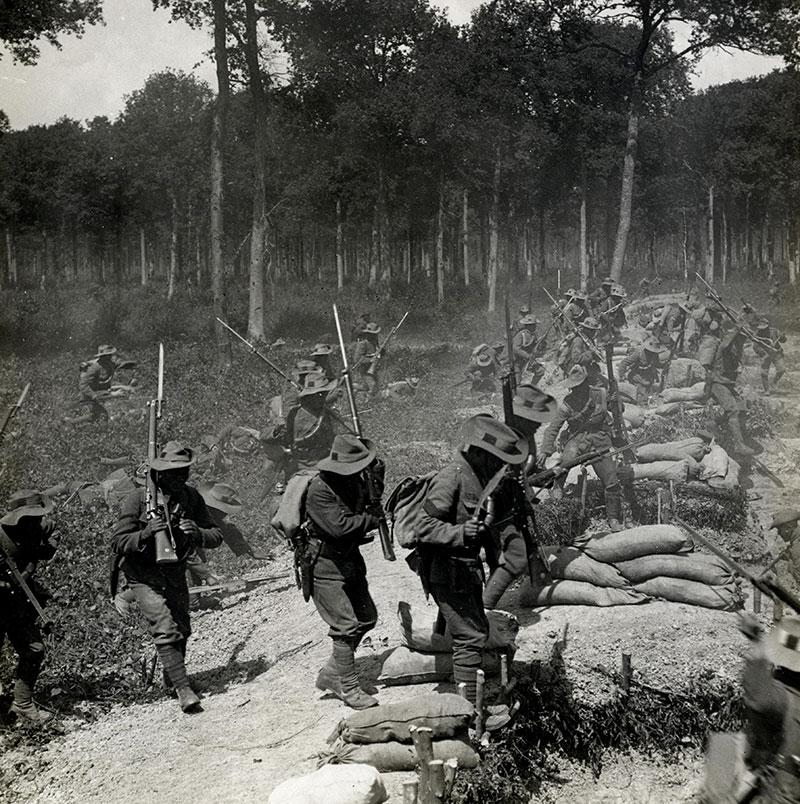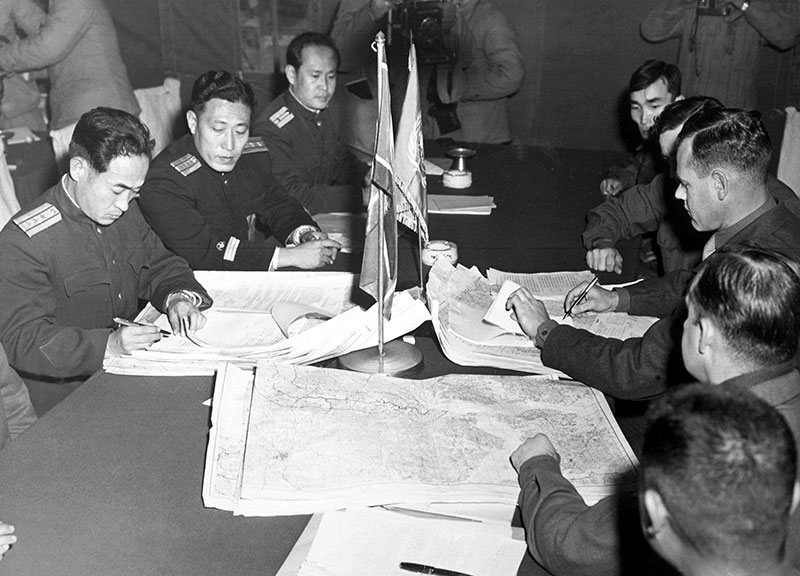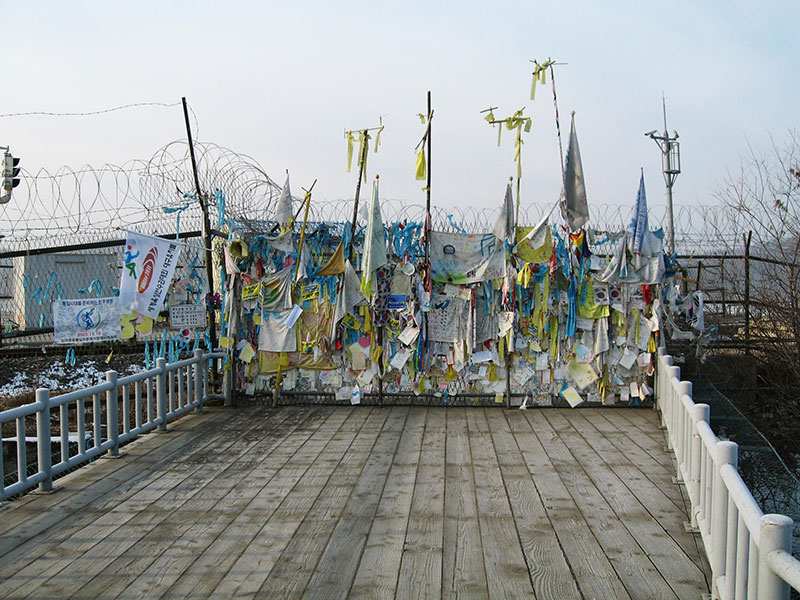Free Lesson Plans for Teachers
WHDE offers a set of free resources for teachers to help students better understand Korea. The lesson plans cover a variety of topics including geography, religion, economic development, culture, history, and the Korean War. Search our archive of lessons plans by topic, skill or grade level. You can find more teaching resources on the Korean War on the Korean War Legacy Foundation website. Visit teachingaboutnorthkorea.org to find lesson plans and activities for teaching about North Korea.


